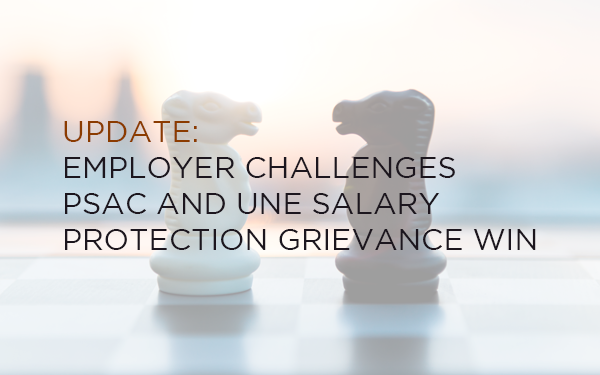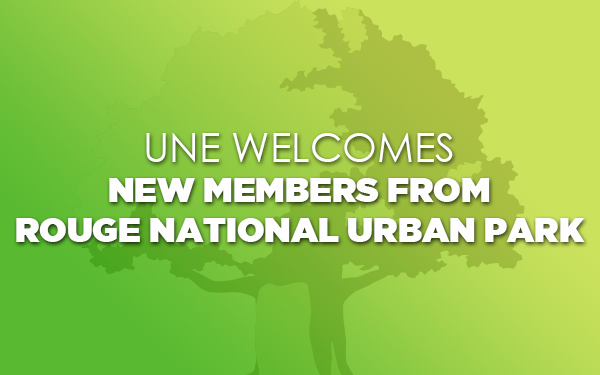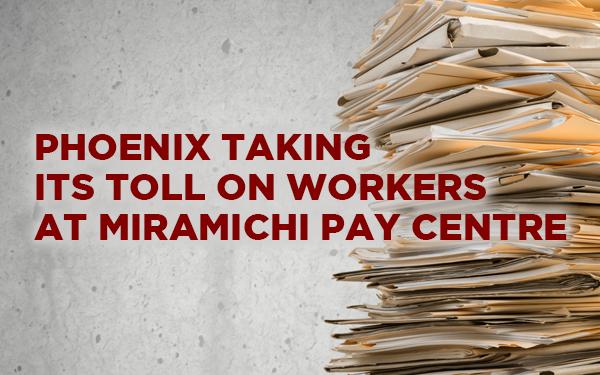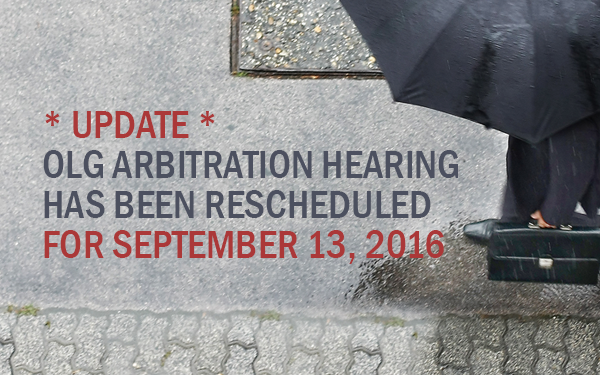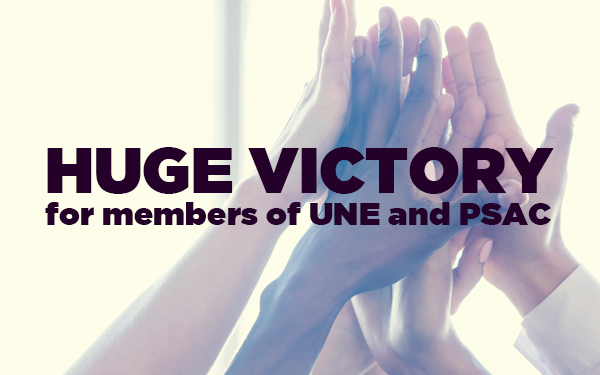
Parks Canada has officially announced that it will no longer consider privatizing the operations of three of its most iconic attractions: The hot springs in areas around present town sites Banff, Jasper and Radium.
Parks employees and their union, the Public Service Alliance of Canada and the Union of National Employees, campaigned and conducted town hall meetings in Jasper and Radium to bring awareness to both the public and the local business communities. Plans to continue those conversations – and expand them to Banff – were in the works prior to the announcement on September 2nd by the federal minister responsible for Parks Canada, Catherine McKenna.
”After years of campaigning, this is a huge victory for the union, its members and the public,” said UNE National Vice-President Kevin King. “This government has made a very meaningful decision and should be commended for listening to the requests of the workers and the people who visit these very special attractions.”
Eddie Kennedy, National Advisor on Parks Canada, is also proud to share this great news with everyone:
“This decision was in no small part influenced by the countless union members who met with elected officials, the general public and with parks management in explaining why these iconic locations are better served by staying under the umbrella of Canada’s national parks network , within Parks Canada.”
More than 300,000 visitors soak up the heat from these pools each year. The cost is very affordable – less than $10 – to visit the springs. The threat of privatization meant that prices could have soared, leaving many Canadians unable to afford what has become a landmark destination.
This victory to end a third-party commercialization attempt was made possible by a team of dedicated workers and endless lobbying, most notably Eddie Kennedy, Jurgen Deagle, Jaison Van Tine and Michael Power, with support from UNE and the PSAC Prairies Region.
We only know of these places because of First Nations peoples. The Stoney Nakota, the Ktunaxa Kinbasket, the Shuswap Nations and the Mountain Metis were the original inhabitants of Banff, Radium and Jasper, prior to railroad construction and tourism.
These special places belong to the people of Canada and should be enjoyed by ongoing generations of all peoples, from Canada or elsewhere.

